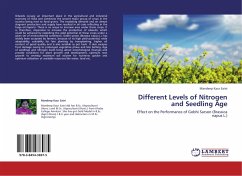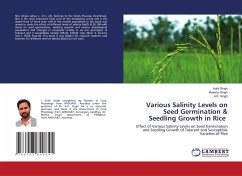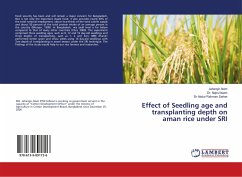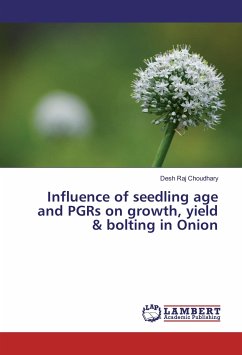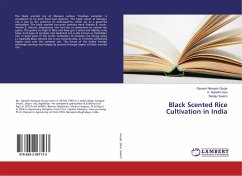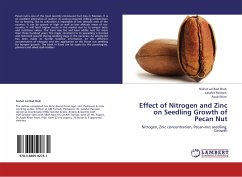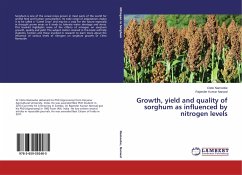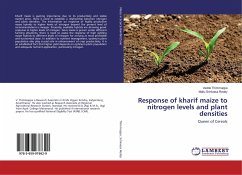Oilseeds occupy an important place in the agricultural and industrial economy of India and constitute the second major group of crops in the country being next to food grains. The escalating demand and an almost stagnant production and supply have resulted in oil crisis reflecting in the huge oil imports. There is no scope to increase area under these crops. It is, therefore, imperative to increase the production of oilseeds, which could be achieved by exploiting the yield potential of these crops under a given set of environmental conditions. Gobhi sarson (Brassica napus L.) has widely been accepted by farmers, because of its high yield potential, wide adaptability, suitability for late planting by transplanting, higher oil content of good quality and is also suitable as pot herb. It also escapes frost damage owing to prolonged vegetative phase and late bolting. Age of seedlings and nitrogen levels bring about morphological changes and provide conditions for plant growth and development, optimum root growth to envelop maximum soil volume for nutrients uptake and optimum utilization of available resources like water, land etc.
Bitte wählen Sie Ihr Anliegen aus.
Rechnungen
Retourenschein anfordern
Bestellstatus
Storno

